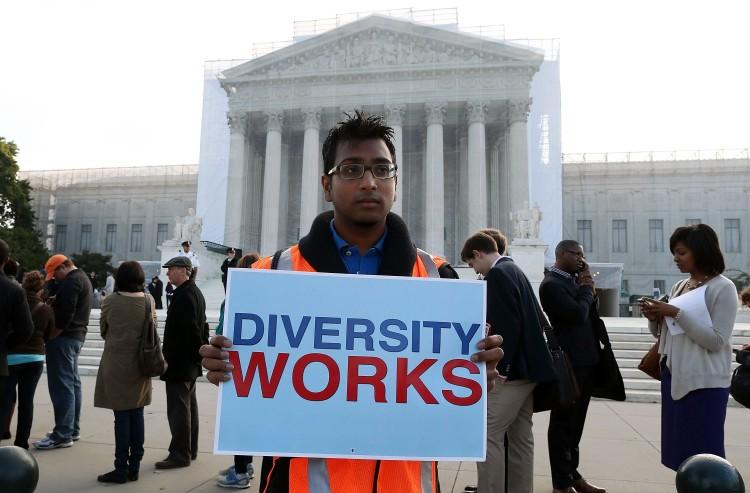Texas is one step closer to following in Florida’s footsteps by creating a state law that would ban diversity, equity, and inclusion (DEI) policies from universities.
Opponents of DEI programs say they divide people into camps of oppressors and victims based on race, gender, sexual orientation, and others. Those in favor of DEI programs say they’re necessary to give oppressed groups justice by providing advantages they say are long overdue.





